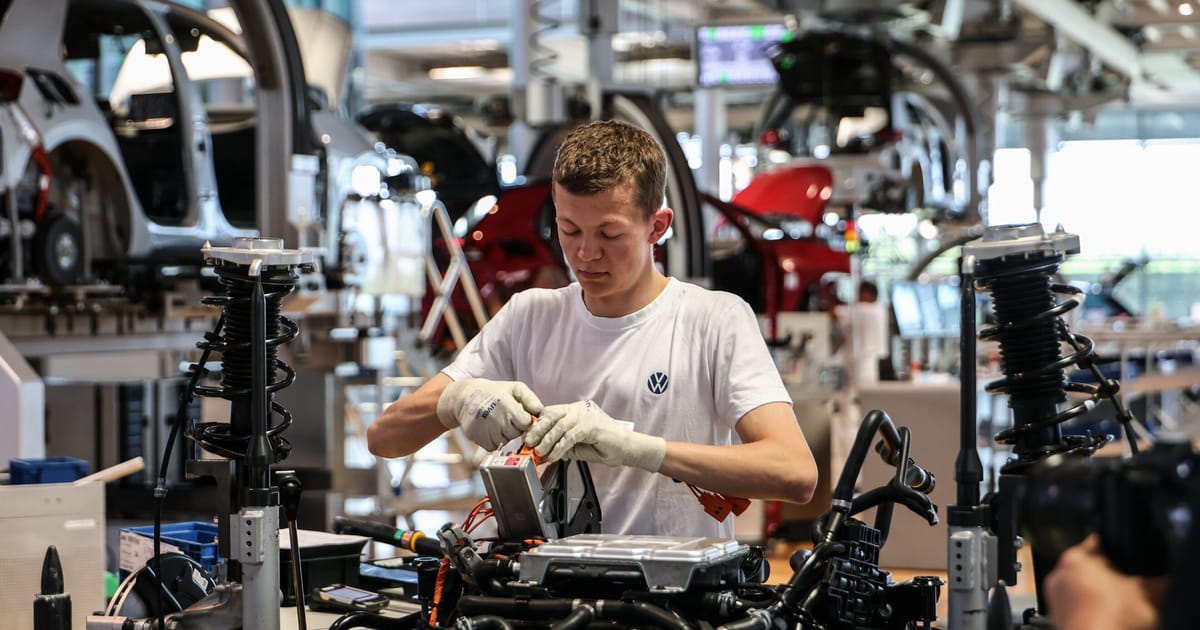

In recent developments on the global stage, several key initiatives and movements are shaping the economic and political landscape. These activities range from strategic pushes in Europe to new political entities emerging in the United States, and potential economic shifts across continents. Let’s explore these significant occurrences that reflect the interconnected nature of our world.
Europe is witnessing a concerted effort among its key players—Italy, France, and Germany—to bolster competitiveness within the European Union. Leaders Giorgia Meloni, Emmanuel Macron, and Friedrich Merz have unified their objectives and are preparing to present these in a letter to the European Commission. This initiative underscores their commitment to enhancing the economic strength of the region, with a particular focus on the automotive sector. The planned cooperation aims to stimulate growth and innovation amid evolving global economic challenges.
Meanwhile, across the Atlantic, the political sphere is witnessing intriguing developments. Billionaire entrepreneur Elon Musk announced the inception of the “America Party.” This new political entity arises following a split with former President Donald Trump. Musk, who has hinted at this venture for some time, aims to offer an alternative in the American political landscape, potentially reshaping the dialogue and engagement in forthcoming electoral processes. His move reflects a growing trend of non-traditional players entering the political arena, underscoring the dynamic nature of modern political discourse.
In another significant development, Donald Trump, currently serving as the President of the United States, has indicated ongoing discussions with China regarding the sale of the popular app TikTok. According to Trump, negotiations are progressing positively, with an agreement seemingly imminent. This development is marked by potential diplomatic interactions between American and Chinese leadership, suggesting a strategic approach towards addressing digital and economic concerns.
Additionally, President Trump has voiced the possibility of imposing 17% tariffs on food and farm produce from Europe. Such a measure could impact a wide array of products including Belgian chocolate, Irish dairy, and Mediterranean olive oil. While the European Union expresses its preference for a negotiated resolution, it is also preparing for any escalation by considering retaliatory measures. This scenario highlights the delicate balance of global trade relations and the need for diplomatic channels to maintain economic stability.
In a more localized context, the European transportation sector is witnessing advancements with the investment in double-decker buses by a Flixbus partner. This initiative involves a significant financial outlay to enhance domestic routes between Braga, Porto, and the Algarve. The introduction of these new buses is set to improve travel experiences and connectivity within Portugal, emphasizing a commitment to modernizing public transport infrastructure.
These developments collectively depict a tapestry of strategic pursuits and proactive measures by nations and individuals seeking to navigate the complexities of a rapidly changing world. Such efforts and initiatives underscore a shared aspiration for growth, cooperation, and adaptation in the face of diverse global challenges. As these stories unfold, they remind us of the importance of mindful engagement and collaborative problem-solving in crafting a resilient and harmonious future.
Source: {link}
